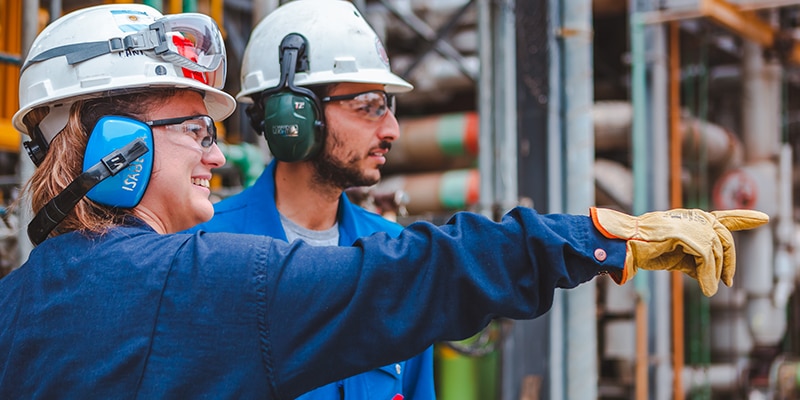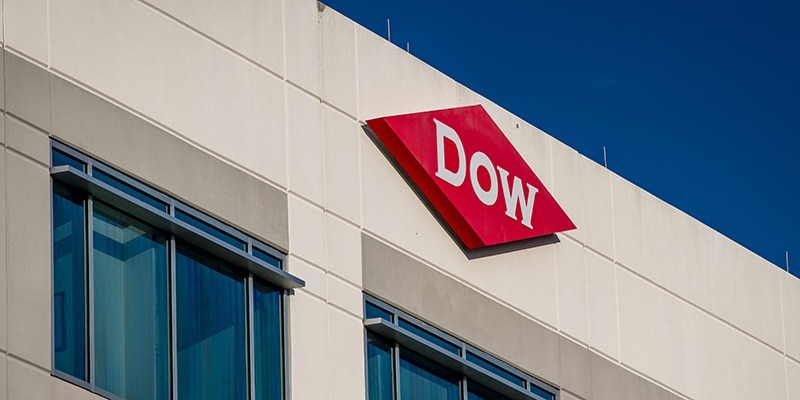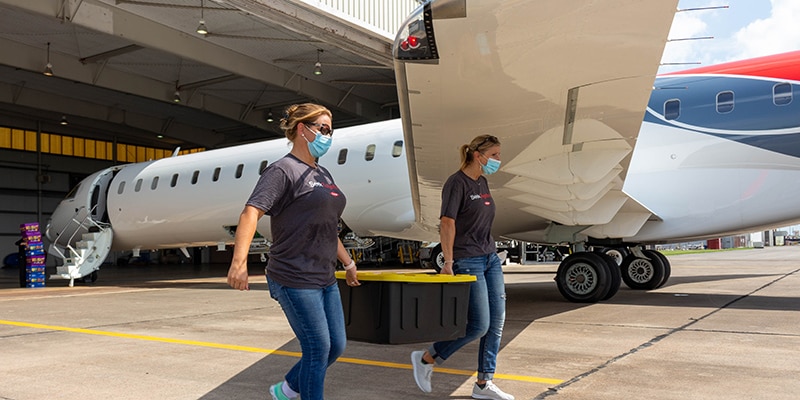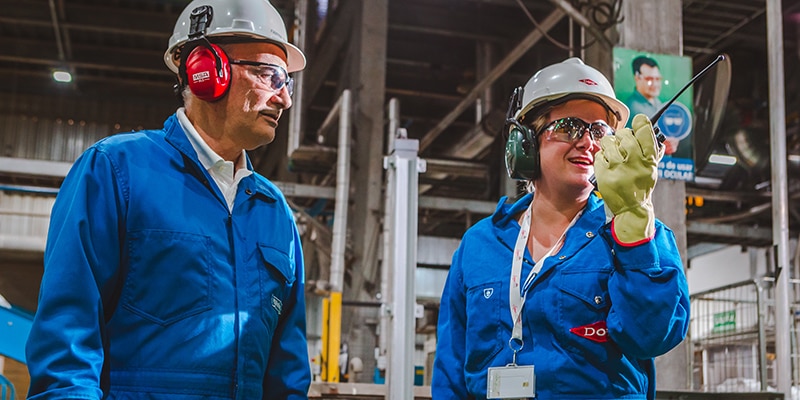Description
Certain chemicals are classified by regulatory authorities as POPs (persistent organic pollutants) and/or PBTs (substances that are persistent, bioaccumulative and toxic). Because these substances are long-lived in the environment and accumulate in living things, the goal of POPs or PBT programs is effective risk management of these substances, which Dow has, and continues, to actively support.
The classification of chemicals as POPs and/or PBTs is based on specific criteria or rules that are established by governing bodies, such as the United Nations Environmental Program, the European Union and some countries, like the United States and Canada. The criteria set by these organizations are not always identical, and a chemical may be considered a POP or PBT by one set of criteria and not by another. Once a chemical is defined as a POP or PBT, its use is usually severely restricted and in some cases banned.
An important international treaty on POPs is the United Nation's Stockholm Convention, which went into effect in 2004. The European Union established new chemical management policy, REACH, in 2006 that includes an evaluation and process for restricting the use of POPs and PBTs. In the United States, a screen for POPs and PBTs is included in the New Chemicals program under the Toxic Substances Control Act and in Canada, the Canadian Environmental Protection Act.
As a major chemical company that has customers in more than 150 countries around the world, we strive to comply with local requirements or Dow standards, whichever is more stringent. Of the 21 POPs/PBTs listed under the Stockholm Convention, (12 original and 9 added in may 2009) only dioxin, DDT, hexachlorobenzene and polychlorinated biphenyls (PCBs) have been found in some Dow manufacturing processes.
Dow publicly reports its global dioxin emissions, as well as releases in Europe¹, and the United States.
Dow also publicly reports hexachlorobenzene releases in the United States, Canada and Europe.
At Dow, we take safety and compliance very seriously. We have teams of health professionals, scientists and other experts around the world who are committed to chemical safety, environmental protection and compliance with national, regional and international laws and regulations. A key element of Dow’s product stewardship program is to ensure that research chemicals are assessed very early in their development against a PBT screen, utilizing criteria adopted by authoritative bodies. Generally, Dow would not proceed to further develop new substances which are considered to be PBTS or, through screening, have a high likelihood to meet the PBT criteria. Existing chemicals are also assessed; those where PBT potential is plausible are evaluated further within our risk evaluation process. While risk reviews may show minimal risk due to limited exposure, Dow evaluates opportunities to reduce the levels of PBTs throughout the product life cycle.
Dow's Position
Dow strongly supports the Stockholm Convention. We are actively involved in its implementation as well as other international, regional and country specific laws and regulations. We also support a number of multi-stakeholder efforts to address POPs and PBTs at the United Nations Environmental Program (UNEP), United Nations Economic Commission for Europe (UNECE) and the U.S./Canada Great Lakes Bi-national Toxics Strategy. Dow supports these and other efforts to define and implement Best Available Techniques and Best Environmental Practices as part of the overall safety management of chemicals.
We have established and promote a set of Principles for Chemical Management Systems that we implement and advocate for globally.
Dow continues to evaluate opportunities to reduce the levels of these substances in the product life cycle. As with all our products and processes, Dow is committed to protecting human health and the environment, and promoting a science, risk-based approaches to define safe conditions of use and manage the risks associated with POPs and PBTs throughout the life cycle of chemical products.
Dow's Actions
Since 1995, Dow's efforts have resulted in a reduction in dioxin emissions by more than 80%, with dioxin air emissions reduced by over 95 percent. We continue to drive our emissions as low as possible.
For more information see Stockholm Convention.
¹ Dioxin and furan emissions in Europe are reported to the European Pollutant Emission Register; Dow's releases in Europe are below the reporting threshold of 1 gram/year TEQ.





